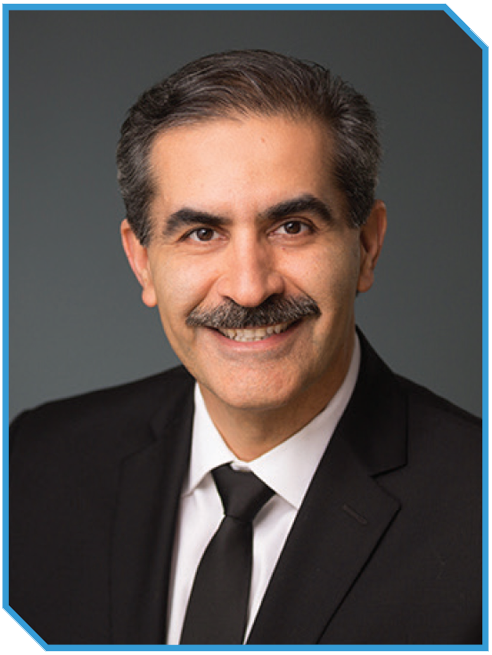Mission
Building regional, national and global capacity for the grand challenges in the 21st century faced by water resources and emergency managers: how to be sure that there is enough water to meet demands and protect the livelihood against extremes as populations swell and weather patterns shift in varying climate.
This center will make significant contributions to hydrologic science/water resources system analysis and computational modeling. Moradkhani’s research emphasizes predictive science, uncertainty analysis and risk characterization, while continuing to educate future professionals who will further this cause.
The center focuses on collaborative research to advance the understanding of hydrologic science through modeling climate-water-human interactions as a complex system, which will result in sustainable management. Through Moradkhani’s leadership, the center contributes new insights into the coupled interactions between climate, water, energy and food using data sets and methods; including climate model downscaling, remote sensing, state-of-the art data assimilation, distributed hydrologic modeling, ensemble inference, data analytics and multi-modeling.
The center contributes to enhancing community resiliency to hydrologic extremes by developing and implementing an advanced drought early warning system and also flood forecasting with hazard assessment to account for compound flooding from river flow and coastal water level. The affiliated researchers characterize, quantify, reduce and communicate uncertainties and risks in simulation and forecasting, while providing reliable hydroclimate extremes analyses under non-stationarity across spatial and temporal scales. Knowledge from these efforts will further understanding of the impact of climate variability and change on water resources and environment.
It is also acknowledged that global trends, in particular population growth and rising economic prosperity, are expected to increase demand for energy, food and water, ultimately risking to compromise the sustainable use of natural resources. The affiliated faculty make use of state-of-the-art technological solutions within a decision analytic framework to study the Water-Food-Energy nexus and their interactions with economy, society and policy.
The mission of the center will support the broader mission of the Alabama Water Institute (AWI) through its basic and applied research contributions to hydroclimate and remote sensing research and through developing new insights and cyber-innovations. Data and tools produced by Moradkhani and other center faculty are being used by researchers, practitioners, water authorities and emergency managers for implementation of new adaptive drought and flood contingency plans and to aid in decision support systems.

